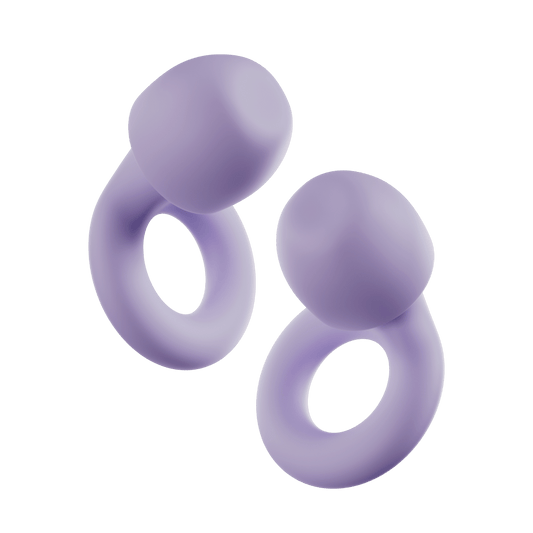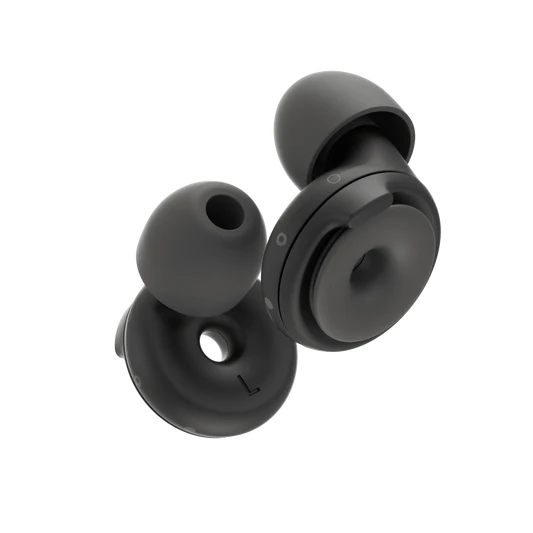If you feel panicky at noisy parties, anxious at the thought of going to a loud shopping mall, or feel overwhelmed by everyday sounds like the vacuum cleaner or coffee machine, you may suffer from noise anxiety. It can be a debilitating condition – and many people with sensitivity to noise find it has an impact on their social lives, as they avoid social gatherings, public spaces and events with high levels of noise.
It can also have an impact on your ability to focus, meaning your work or studying is affected. Some people find noise sensitivity when trying to sleep is at its worst, meaning they always feel exhausted, while others find it has an impact on their parenting.
Whichever category you fit into, know that you’re not alone. There are lots of people who are sensitive to noise out there – and there are lots of ways to reduce its impact on your daily life. We’ve collected all the articles and advice you need on coping with noise sensitivity, all in one place.


What is noise sensitivity?
Noise sensitivity is an increased sensitivity to sounds. If you have this condition, it’s likely that you’ll perceive certain sounds as being more intense or uncomfortable than other people would – you might find that normal, everyday sounds can make you anxious or make you feel frustrated, but they wouldn’t necessarily bother another person.
There are several different types of noise sensitivity disorders, including:
- Phonophobia, a fear of noise
- Misophonia, a condition which causes intense dislike or disgust of certain noises
- Hyperacusis, an extreme sensitivity to noises which seem to be at a normal level for other people
Effects of noise on health and wellbeing
It’s true that prolonged exposure to loud noises can cause problems. Without hearing protection like earplugs, being exposed to loud noises for too long can put you at risk of developing tinnitus, or causing hearing damage or loss.
However, it’s easy to reduce the amount of noise in your environment simply by using protective earplugs. There’s no need to hide away from sources of noise, or potential sources of noise, as many people with noise sensitivities are tempted to do.
Instead, it’s better to use tools like earplugs for noise sensitivity to enable you to embrace social situations, focus on your work, and live your life to the fullest, while taking the edge off uncomfortable noises. Even just knowing that you have earplugs in your back pocket – literally – can give you the confidence to know that you won’t be caught out by loud or triggering noises, so you can get out there and enjoy your life.
Featured article


How to cope with noise anxiety
For some people, anxiety can be triggered by unexpected noises such as fireworks, backfiring cars, or sudden shouting. For others, simple everyday sounds such as chewing, music, and coughing can cause significant distress. But you don’t need to resign yourself to living a life of anxiety and sensitivity to noise.
Earplugs for noise sensitivity
-
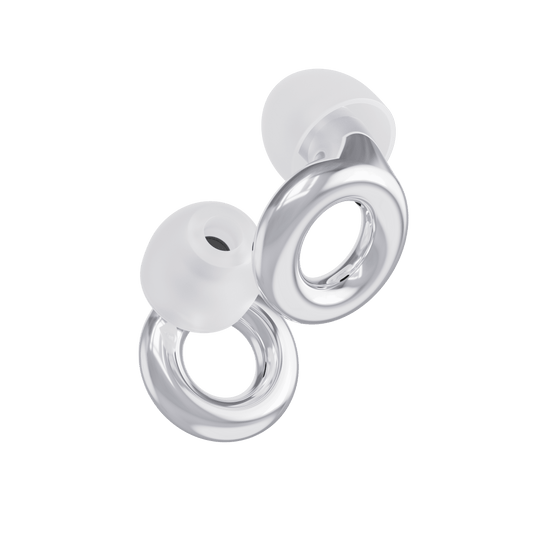 ExperienceSelling fast
ExperienceSelling fastExperience
Regular price €29.95Sale price €29.95 Regular priceUnit price perBest for music & events, focus, noise sensitivity, motorcycling -
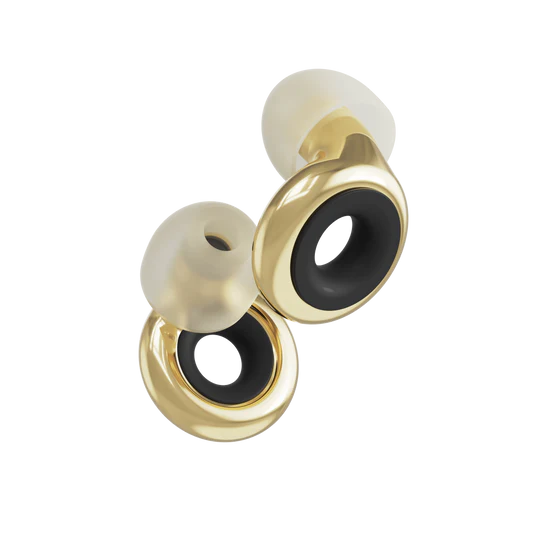 Experience PlusSelling fast
Experience PlusSelling fastExperience Plus
Regular price €39.95Sale price €39.95 Regular priceUnit price perBest for music & events, focus, noise sensitivity, motorcycling
More noise sensitivity articles

How To Cope With Noise Anxiety
Struggle with noise? Learn how to cope with noise anxiety and reclaim your peace of mind with our actionable tips.
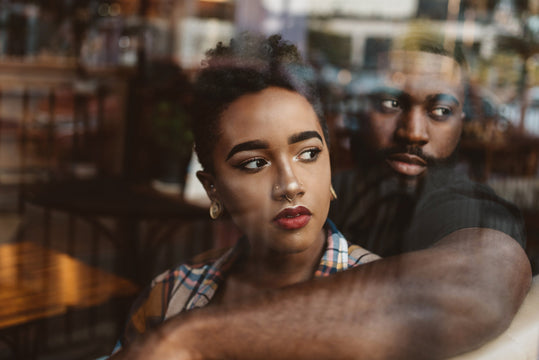
Noise Cancelling Ear Plugs For Noise Sensitivity
Noise sensitivity can cause serious distress and social anxiety. For many people, this means they are forced to wear ...

Sensitive to noise? Turn down the volume on stress with these noise reducing ...
Are you extremely sensitive to or easily triggered by noise? You could be a highly sensitive person (HSP), neurodiver...















